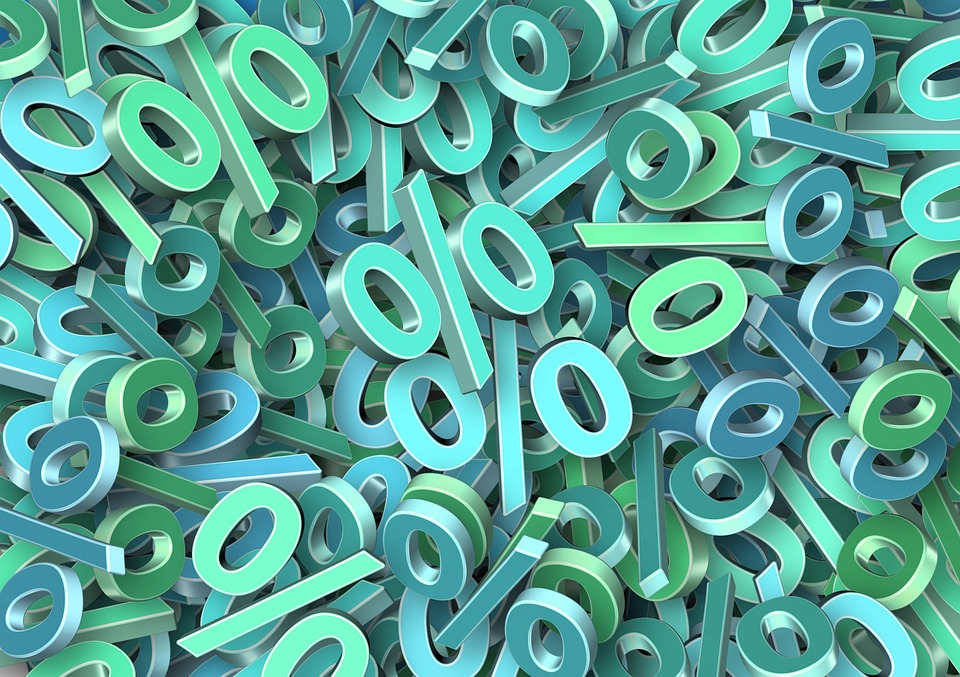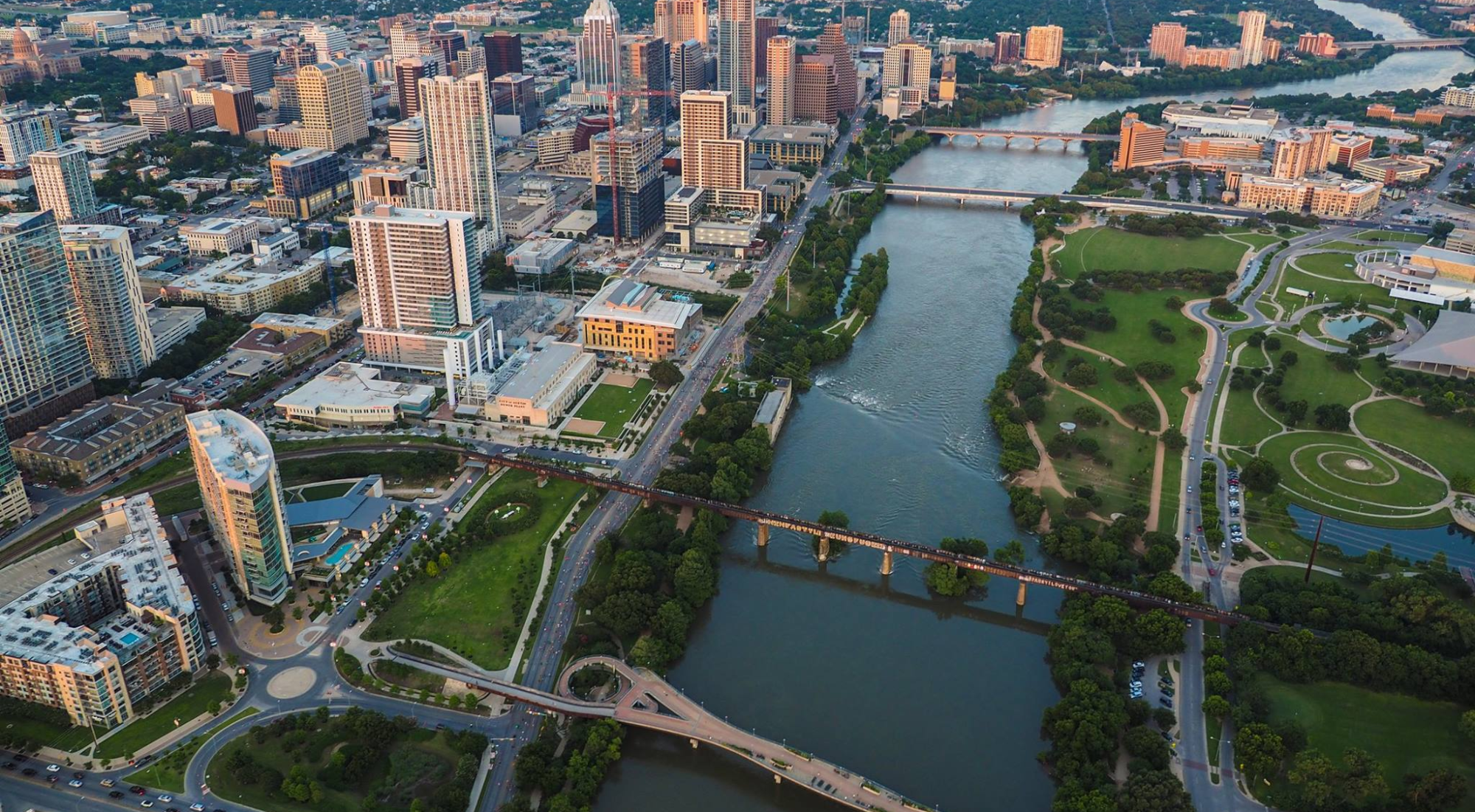Buying a house is a personal decision that follows a period deliberation and planning. Many factors goes into the timing of a purchase; mortgage interest rate is an important factor in accelerating or postponing the decision to buy. If you have decided to buy a house in the coming year, or still on the fence about the timing, knowing which way the interest rates are headed is an important factor in your decision making.
Some historical perspective could be helpful in understanding which direction the interest rate may move. We’ve had close to a decade of historically low interest rates especially after the financial collapse of the 2008-2009. Financial experts all agree that the main reason for the collapse was mortgage loans that were issued to financially unqualified or borderline qualified borrowers.
After the economic collapse, to get the economy moving again, among other measures the Federal Reserve Bank cut interest rates on several occasions and kept it low for the past 7 or 8 years. In essence both the low interest rates and current higher standards for borrower qualifications are tied to that financial calamity.
No one is certain but some of the factors could influence direction of the interest rates in the coming years.

- Over the next few months, as the policies of the new administration take shape and the proposed ‘infrastructure plan’ is implemented; there is no reason to think that it won’t happen, there will be more the economic activities and increased pressure on interest rates. This should translate into increase in mortgage rates.
- To prevent higher inflation, the Federal Reserve Bank has attempted to raise rates on several occasions, but has not done so in the past year or so. Later this month it will meet again and expectations are that it will raise rates. Most financial analysts expect a gradual increase by the Fed during the next year as well.
- New jobs growth and improving economy could translate into higher wages. This has a dual effect of more available spending money, as well as higher inflation. This could push the Fed further to raise rates in order to curb inflation.
These trends lead the housing industry experts to anticipate that the rates could rise to 4.75 in the next year or so, up from the low 3.5 earlier this year. Possibility of continued interest rate increases, and a better job market, could get many would-be buyers off the fence and into homeownership.
Higher mortgage rates may discourage existing home owners from selling and moving up, but won’t have much impact on the new homes being built. There will be some effect on refinancing, as less people are going to refinance or move to higher priced houses.
Supply of existing houses is low and higher interest rates could reduce it further.
As more and more Millennial make a decision to buy new homes, due to sufficient supply of the starter homes, a good portion of them are thinking the mid-sized houses. Home Builders report a trend to leapfrog the entry-level home in favor of the mid-sized or first move-up house.
If you are thinking about buying a house for the first time, or as a move up decision, you should not be discouraged or concentrate on a single factor such as price, mortgage rate, etc. There are always trade-offs in any decision you make. There is underlying reasons for higher home prices, as there is for higher/lower interest rates. They follow market forces that are beyond anyone one person’s control. Be informed and educate yourself on financial trade-offs and make the decision that fits your situation.
I will be glad to help analyze these trade offs, or other aspect of your home buying decision, please to contact me.
Have a wonderful Christmas and a prosperous new year!

